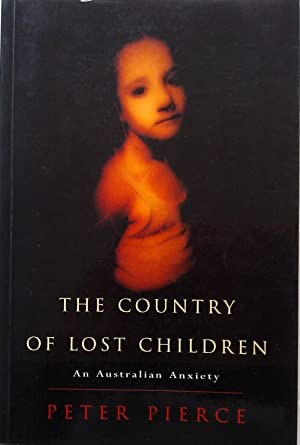The figure of the lost child has haunted the Australian imagination. Peter Pierce’s original and sometimes shocking study The Country of Lost Children traces this ambivalent and disturbing history. Drawing on a wide range of sources, from poetry, fiction and newspaper reports to paintings and films, The Country of Lost Children analyzes the cultural and moral implications of the lost child in Australian history and illuminates a crucial aspect of our present condition. At its core are confronting, often troubling, questions about childhood itself.
In the nineteenth century the idea of losing one’s child to a strange country reflected white settlers’ distrust of their new land and its Aboriginal inhabitants.
The book offers original insights into the passing of an opportunity for reconciliation between European and indigenous Australians. In the twentieth century the lost child continues to torment the national consciousness, but no longer as the bewildered wanderer in the bush. Instead the emblematic lost child of modern Australia is a victim of abuse, abandonment or abduction. Drawing on a wide range of sources, from poetry, fiction and newspaper reports to paintings and films, this book analyses the cultural and moral implications of the lost child in our history.
pp. 211 #1220
